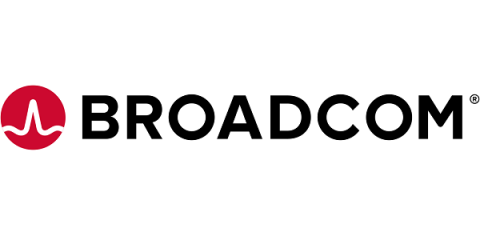Container monitoring with Grafana: Helpful resources to get started
In simple terms, containers are a standard package of software that enable applications to run consistently across different computing environments. Often, these applications are broken down into smaller collections of independent services known as microservices. For many organizations, these microservices-based applications have replaced traditional monolithic applications because they offer increased performance, flexibility, and scale.











